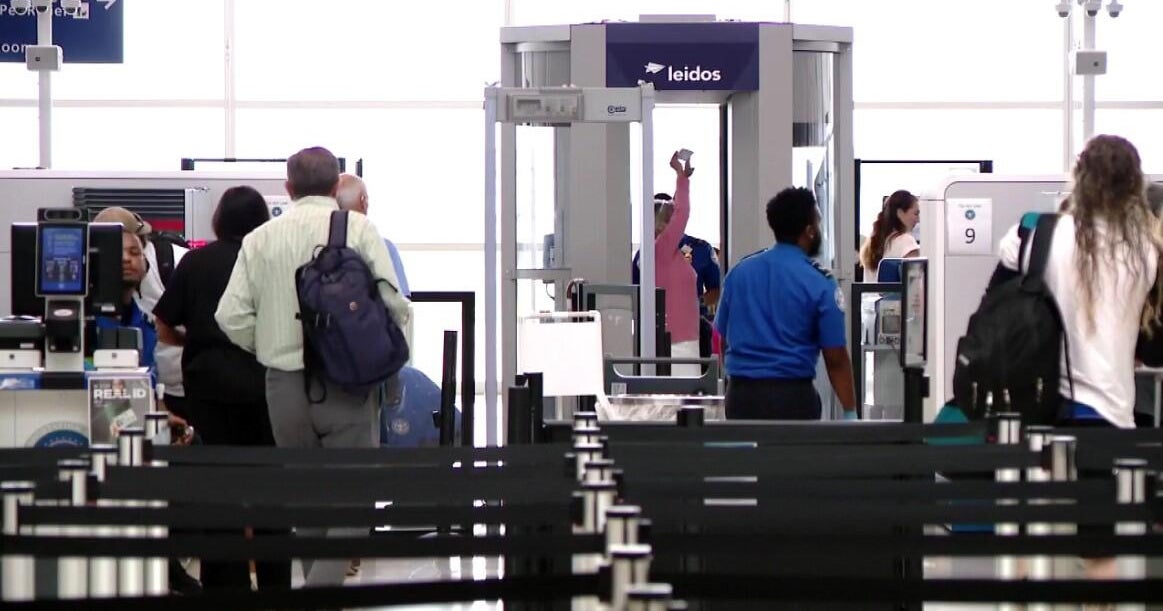Gov. Evers' Redistricting Maps Would Keep, But Reduce, Republican Majorities
MADISON, Wis. (AP) — Gov. Tony Evers on Wednesday submitted redistricting plans to the Wisconsin Supreme Court that would not be as favorable to Republicans as the one approved by the Legislature, but would still maintain their majorities in the state Senate and Assembly.
Evers said he was bound by the court's ruling this month that it would consider only maps that make as few changes as possible to the current ones put in place by the GOP-controlled Legislature a decade ago. Evers and Democrats objected to the "least change" approach adopted by the conservative controlled Supreme Court.
A commission Evers created had made maps that deviated widely from those in effect now, but Evers did not submit those due to the court's order. Wednesday was the deadline for maps to be submitted. The court plans to hold oral arguments next month.
Republican Assembly Speaker Robin Vos accused Evers of being a hypocrite for abandoning maps that had been created following a series of hearings around the state and public comment in favor of ones drawn in secret.
"Governor Evers has abandoned his campaign rhetoric promising for independently drawn maps to rapidly and secretly draw his own rigged maps without public input," Vos said. "The hypocrisy of the governor is impossible to ignore."
Democrats are also pursuing a federal lawsuit and last week the U.S. Supreme Court rejected a lawsuit by Republican lawmakers attempting to end it. The federal court has deferred taking action until the state Supreme Court case is concluded.
"The maps I'm submitting today are an improvement from the gerrymandered maps we have and the Republican maps I vetoed last month," Evers said in a statement. "But I want to be clear — the people of Wisconsin overwhelmingly support nonpartisan redistricting in this state, and I will continue to fight for a nonpartisan redistricting process as long as I'm governor."
Republicans have a 61-38 majority in the Assembly and 21-12 majority in the Senate. They also hold five of eight congressional seats.
Applying an average of six statewide elections since 2016, the governor's maps would elect 44 Democrats and 55 Republicans to the Assembly, Evers' office said. The Evers map would elect 13 Democrats and 20 Republicans to the Senate and three Democrats and five Republicans to the Congress.
Evers also said his maps create more competitive districts than the ones approved by the Legislature.
Evers' map would move a lower percentage of the population in the Assembly and nearly the same amount in the Senate. Only 5.5% of the population would be moved under Evers' congressional map, compared with 6.5% under the Legislature's plan, the governor's office said.
Evers said his map complies with the Federal Voting Rights Act by creating a seventh Black majority-minority Assembly district, maintaining the current map's two Black majority-minority Senate districts and two majority-Hispanic voting age population Assembly districts.
Republican majorities in the Legislature grew after the map it drew was adopted in 2011, even as Democrats won election to statewide office. The Supreme Court's ruling this month makes it all but certain those GOP majorities will stay in place for the next decade.
Redistricting is the once-a-decade process of redrawing the state's political boundaries based on the latest census showing how populations have changed in neighborhoods, cities and counties since 2010. Mapmakers can create an advantage for their political party in future elections by packing opponents' voters into a few districts or spreading them thin among multiple districts — a process known as gerrymandering.
(© Copyright 2021 The Associated Press. All Rights Reserved. This material may not be published, broadcast, rewritten or redistributed.)







